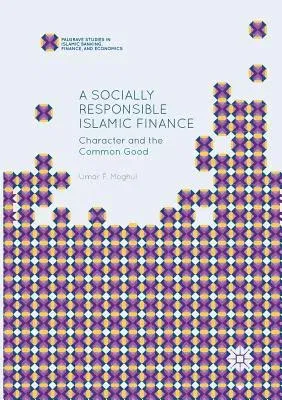Umar F Moghul
(Author)A Socially Responsible Islamic Finance: Character and the Common Good (Softcover Reprint of the Original 1st 2017)Paperback - Softcover Reprint of the Original 1st 2017, 3 May 2018

Qty
1
Turbo
Ships in 2 - 3 days
In Stock
Free Delivery
Cash on Delivery
15 Days
Free Returns
Secure Checkout
Part of Series
Palgrave Studies in Islamic Banking, Finance, and Economics
Print Length
315 pages
Language
English
Publisher
Palgrave MacMillan
Date Published
3 May 2018
ISBN-10
3319840282
ISBN-13
9783319840284
Description
Product Details
Author:
Book Edition:
Softcover Reprint of the Original 1st 2017
Book Format:
Paperback
Country of Origin:
NL
Date Published:
3 May 2018
Dimensions:
21.01 x
14.81 x
1.75 cm
ISBN-10:
3319840282
ISBN-13:
9783319840284
Language:
English
Location:
Cham
Pages:
315
Publisher:
Weight:
394.63 gm

